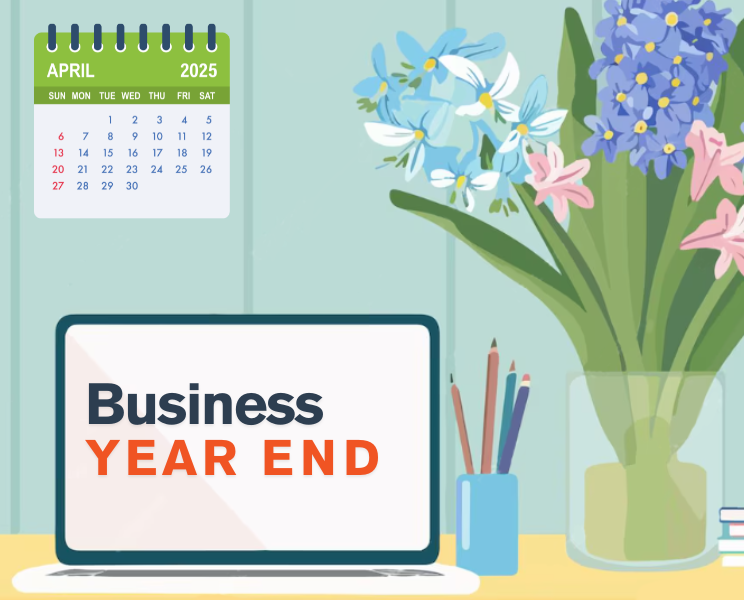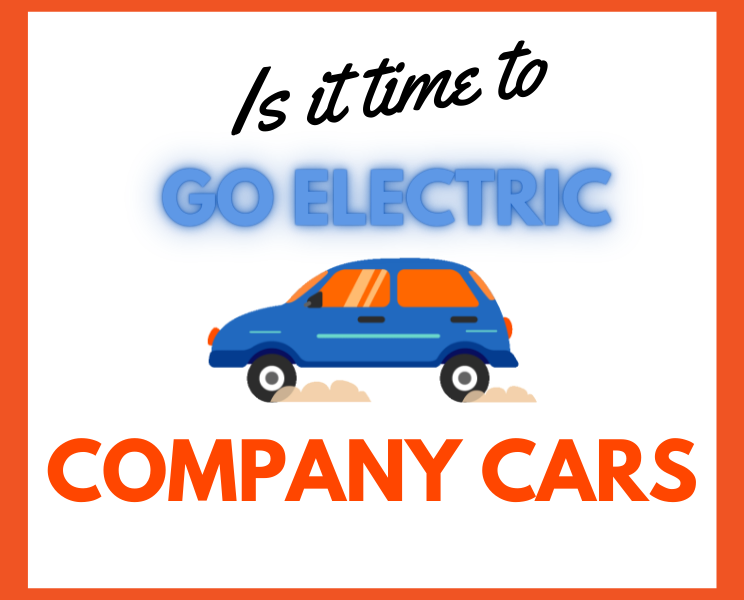Why You Should Be A Small Fish In A Big Pond: Advocating For Local, Independent Business
Emma Davies from The Rebel Flock passionately argues for the crucial role of local, independent businesses in her thought-provoking blog below. In a world captivated by the allure of global conglomerates and quick riches, Emma sheds light on the often-overlooked benefits of local businesses, which promote economic equity, community well-being, and environmental sustainability. Her compelling insights challenge our preconceived notions about wealth and offer a refreshing perspective on the significance of supporting these small fish in a vast pond.
How local and rural-based brands and independent business can help us change the world
When you look at your local independent or the neighbor’s clothing brand, what do you see? A nice-to-have initiative, or a solution to society’s inequalities and our impending climate disaster? Hint: it’s the latter.
The world is massive but real change happens through local business.
It’s a big claim, I know. But as Prosperity Now recently reported, these independent businesses have created two-thirds of all net new private sector jobs. They help close racial and gender wealth divides, drive local economic activity and increase quality of life in neighbourhoods (1).
Local businesses (plus the few global businesses that truly embed each outpost into their local community) have become the Robin Hoods of the modern day. They’re the key to economic equity and truly regenerative business, lifting standards of living, financially and beyond. They are the legends of the future.
According to an article in Chron., local businesses can positively impact local employment, personal income and tax income (we’ll save the failure of large corporations and certain wealthy individuals to contribute to taxation for another time). They increase access to services and improve standards of living. And there are community-focused political advantages too, driven by loyal customers, greater agility and innovation, as well as a shared community identity, and greater diversity in business ownership (2).
It’s all fairly compelling. So as consumers or entrepreneurs, isn’t it time we broke free from our pre-conditioned mindsets and embraced the businesses that give a shit about where – and how – we live?
The unsustainable status quo
We live in a world obsessed with getting rich, quick. A world driven by materialism and financial gain, where being rich and famous are revered simply for what that, not the outcomes created as a result. Businesses want to grow as fast as possible, and sell for as much as possible, ultimately for short-term gain. And with politics and economics focused on GDP as the only measure of success, our systems are increasingly geared towards – and influenced by – the mega-corporations and individuals that can generate the most money.
Businesses with longevity, that provide a steady flow of dividends and employment that supports a whole community, are simply not perceived as sexy in comparison to building a unicorn and catapulting up the Forbes rich list. And this short-term approach is casting a dark shadow over society and the planet. I for one think we’re overdue a seismic shake-up.
My great anti-globalisation realization
I’ve spent my career working within local-focused brands that grew from roots in rural England. I’ve seen the wonderful impact they can have on their rural-based business, local economy – and the adverse results when short-term-driven gains take over.
For me, a local-focused business is better business. Those companies that seek to establish themselves as strong and healthy ventures with individuality and heart I see as local legends. I’ve experienced the rounded wealth that localised business generates; wealth that goes beyond pure finances to uplift economies, people and the environment hand-in-hand. And let me be clear, local business does not have to be a small business, and yet small business is just as valuable as larger business, and small business can be high- turnover, high-profit business too. The key thing is that a local legend will truly embed into the community and maximise the amount of money staying in that local community. Brewdog introduced a fantastic program by which 50% of profits back to its bar workers – this is working like a local legend (I realise as a company they’ve had their issues but this is a fantastic way of taking feedback and making positive steps from it).
Of course, financial wealth brings us greater ease to a point, but true wealth is so much more than this. Society’s ongoing insistence not to openly acknowledge this is a huge factor in undermining the value of local businesses. Thankfully, those who have seen the light are already happily ensconced in the secret underground world of the local legend brands. Where you find a type of success you can truly be proud of – a rounded, holistic wealth that balances finance, community and environment. What’s more, these businesses are solid, with foundations rooted in the strength of community. And from the suffragettes to the #metoo movement, we’ve all seen what can happen when people come together.
That’s why it’s vitally important for us to re-focus on local business and the role it can play in creating fairer societies, helping us to take the steps needed to regenerate and protect this beautiful planet.
Good business starts at home
If globalisation continues on its current trajectory, concentrating wealth among a small group of individuals and corporations, our very democracies are at risk. Too few begin to have control over the many, and sadly few of them appear to operate with conscience toward the wider community. Already, the richest 1% of individuals own 43.4% of the world’s wealth (3), and I do not take away from the philanthropic individuals in this group who demonstrate the good that can be done when you have financial wealth. Nonetheless, during the pandemic, billionaire wealth grew by $3.9 trillion – while that of global workers fell by $3.7 trillion (4). Take a minute to let that sink in.
Then consider that the companies on the Forbes Global 500 account for more than a third of global GDP (5). Has your local community seen the benefits of this? Meanwhile, those SME businesses that are successful continue to be bought out by larger businesses, only widening this disproportionate wealth dynamic.
Research by the Centre For Business And Economics Research together with VISA found that £3.80 in every £10 spent in our local economy stays there (6). Whether you choose to be a business owner, employee, supplier or customer, when you consistently support local, more of the wealth generated in your community stays in your community. It’s better for you. And the world in which you live.
Profit, planet – or both?
And then there’s the planet that we all share and rely on. Large corporations lack the agility to change fast enough to required change in sustainability (amongst many other things) whilst privately owned companies have an innate ability to pivot quicker. Furthermore, large firms are usually answerable to shareholders whose personal financial priorities trump the planet. Time and again, we’ve seen environmental steps that will require a short- to medium-term drop in shareholder profits side-lined. Take Wholefoods, whose entire ethos was based on ethics. Yet ultimately they were forced to sell to Amazon, despite the potential misalignment of values because shareholders demanded it.
But local legend brands are heroes of heart and soul. They want to minimise their impact on the environment whilst maximising positive impact on their teams and community. For anyone outside of the top 1%, independents and SMEs have the power to give more – and with that, they can influence the top 1% toward greater positive change.
Small, yet perfectly formed
A small business is defined as having less than 50 people and up to £8.6m turnover in the UK, between 100-1500 employees and between $1m to $40m turnover in the US and as having under 100 employees in Canada. So when we say ‘small’ the word can be misleading.
There are perceived disadvantages of falling into this category: less brand recognition, fewer economies of scale, smaller budgets and limited competitive clout. Ironically, in more remote areas where there are fewer large businesses, you might also experience lower overall incomes – potentially making it harder for people to pay the sometimes higher prices of smaller businesses.
However, small business gets to throw out some of the old cliches of competition, building trust and collaborating on initiatives instead. They can create cooperatives too, positioning them to challenge on price. Furthermore, community isn’t limited to the physical town or city in which that business exists. It’s also the other like-minded businesses across geographies that are seeking to work together to strengthen, gain skills, build economies of scale and drive brand awareness.
But the real joy of local business is that it brings so much more than pure financial wealth to an area. Over time the businesses and the community become one – the shopkeeper becomes your friend; the local accountant’s son walks your dog. The gentleman from the pub calls your Grandad once a week just to say hi. When you see a community in action, you see all the things that are truly important in life.
Studies such as one from Princeton, USA show that financial wealth hits a point of diminishing returns in terms of how it affects happiness – that there is an income level above which your happiness no longer rises in line with the wage increase (7). (Dan Price the CEO of Gravity Payments skyrocketed the success of his ethically run business on the back of this by the way). The thing is that local businesses can deliver this level of income – and so many more happy-making factors in the process.
Take my parent’s rural community during the COVID-19 pandemic. While supermarkets couldn’t keep up with demand and delivery slots were like gold dust, the local store switched on to home deliveries. They not only provided essential supplies to vulnerable people, but they also brought a much-needed smile to doorsteps and their business is stronger than ever. In my brother’s village, the local pub went up for sale with planning to convert it into a house. Instead, the entire village (and beyond) clubbed together to raise the money to buy the pub. That pub is now busier than before, bringing people together and providing employment to local people, and with plans afoot to introduce a community store into the village.
Thinking small for a bigger, brighter future
My vision for the future is a world where collaboration outshines competition. Where local legends work together as a collective of businesses to challenge global corporations and influence governments to support the masses. A time when true local focus is once more at the beating heart of our lands, equally as innovative, more forward-thinking and agile than its un-local counterparts. When local business and holistic wealth creation become more desirable than globalisation’s limited view of financial wealth.
I lead a happy flock of local legends that can’t wait to change the world for the better. A band of merry folk who hold the perfect balance of drive, focus, creativity, compassion and care. A group of people who know business can be both fruitful in its finances and powerful in its purpose. We spend a lot of our lives at work – we deserve for the people and organisations alongside us to be our friends and allies.



